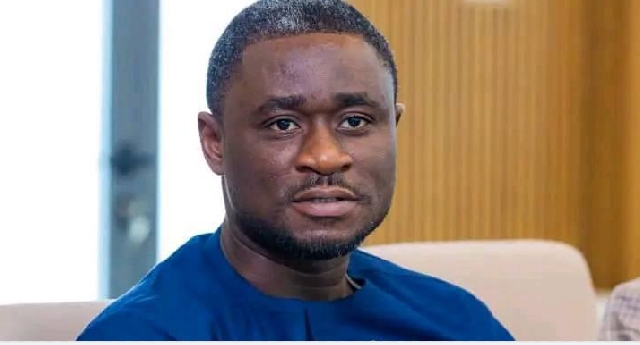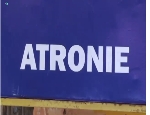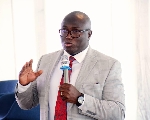Yaw Opoku Mensah raises concerns over inclusion of private SHSs in CSSPS
 Yaw Opoku Mensah
Yaw Opoku Mensah
Former Deputy Spokesperson for the Ministry of Education and respected educationist, Mr. Yaw Opoku Mensah, has cautioned against the proposed inclusion of private senior high schools in this year’s Computerised School Selection and Placement System (CSSPS), citing concerns about regulatory compliance and quality assurance.
In a statement issued to the media, Mr. Opoku Mensah expressed unease over the readiness of several private institutions selected for the placement exercise.
He revealed that many of the schools either operate with expired licenses or lack the required operational permits altogether.
“Most of the private schools being considered for inclusion in the placement process have either expired licenses or no valid permits. Worse still, many of them lack qualified teachers and the infrastructure necessary to effectively implement the new standards-based curriculum,” he stated.
He warned that rushing to include under-resourced private schools in the CSSPS could compromise educational quality and mislead parents and students who trust the placement system to ensure access to sound education.
“This could result in serious injustice to innocent learners and their families, who rely on the integrity of the placement system,” he said.
Mr. Opoku Mensah urged the Ghana Education Service (GES) and the National Schools Inspectorate Authority (NaSIA) to publicly disclose the criteria used to select the private schools being piloted in the initiative.
He emphasised that transparency is vital to building public confidence.
“It would greatly relieve concerned parents and stakeholders if the selection process for these private schools were clarified. Such transparency will assure the public that this move is based on educational merit, not political considerations,” he added.
His remarks come amid increasing scrutiny from education stakeholders regarding the readiness of both public and private institutions to implement Ghana’s new curriculum reforms.
Many have pointed to persistent challenges such as limited infrastructure, inadequate teacher training, and resource constraints.
Source: Classfmonline.com/Cecil Mensah
Trending News

C/R: NADMO to crack down on hazardous billboards following fatal building collapse
13:53
Parliament hosts Eswatini delegation to strengthen inter-parliamentary ties
10:32
Highway robbery on deplorable Sunyani-Ntotroso road claims driver’s life, injures passengers
12:40
National Girls-in-ICT Initiative champions digital inclusion: Gender Minister rallies nation to invest in girls' tech future
02:02
Human Rights Committee condemns torture of young boy in Western Region
13:22
Tano North MCE commended for restoring School Feeding Programme at Bomaa and Boukrukruwa
10:17
NACOC embarks on operation to destroy seized narcotics at Bundase
11:22
Volta Region to benefit from improved network connectivity, Minister assures at National Girls-in-ICT Climax
01:56
Human Rights Committee Chairman rallies Parliament to champion rights of the vulnerable
13:15
GJA partners with Margins Group to issue ID cards to members
08:34



